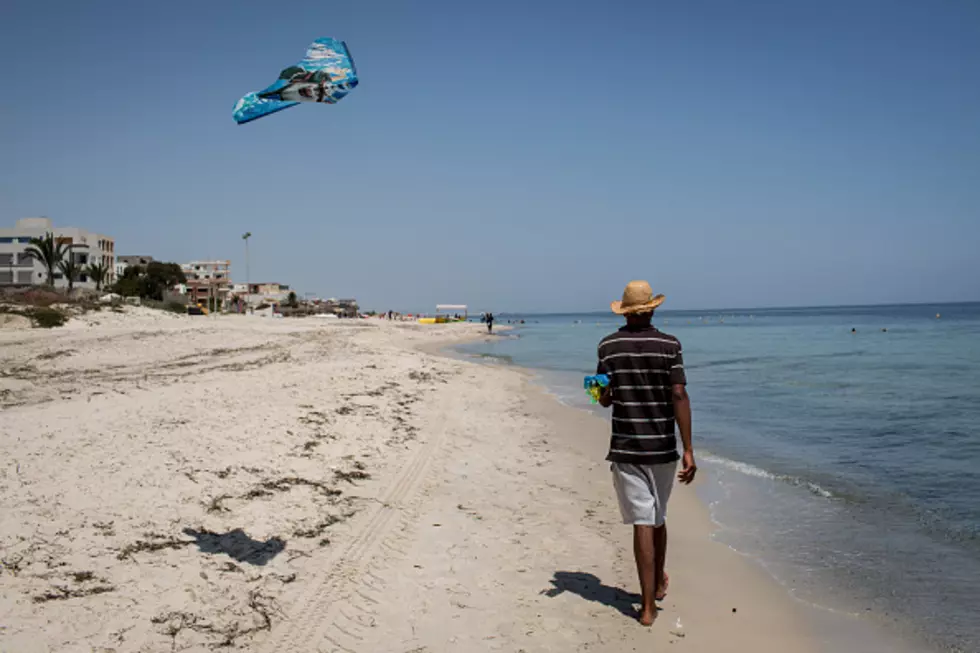
Where Did The Idea Of ‘Going To The Beach’ Come From?
I'm sure most of us at one point will jump in the air and take the short drive to Lake Michigan to one of the many great beaches we have there. But it wasn't that long ago that 'going to the beach' was not anything anyone wanted to do.
In fact, in the history of man, it's a fairly recent development.
For most of man's inhabitation of earth, the seashore or the lakefront was a place one might be eaten by sea monster or contract small pox or the Black Death. It's only been in the last hundred years that 'going to the beach' has meant, rest, relaxation and cooling off from a hot summer day.
Sorbonne University historian Alain Corbin explores this unusual history in the book The Lure of the Sea: The Discovery of the Seaside in the Western World, 1750-1840, one of the sources for a fascinating Smithsonian magazine article about "Inventing the Beach":
Around the mid-18th century, according to Corbin, European elites began touting the curative qualities of fresh air, exercise and sea bathing. Especially in Britain, home of the Industrial Revolution, aristocrats and intellectuals became preoccupied with their own health and hygiene.
They viewed workers, whose numbers were multiplying in factories and new industrial towns, as strengthened through labor. By comparison, the upper classes seemed fragile and effete: lacking in physical prowess and destined for decline. The notion of the “restorative sea” was born. Physicians prescribed a plunge into chilly waters to invigorate and enliven. The first seaside resort opened on England’s eastern shore in the tiny town of Scarborough near York.
Other coastal communities followed, catering to a growing clientele of sea bathers seeking treatment for a number of conditions: melancholy, rickets, leprosy, gout, impotence, tubercular infections, menstrual problems and “hysteria.” In an earlier version of today’s wellness culture, the practice of sea bathing went mainstream...
Tracing this remarkable turnaround, “the irresistible awakening of a collective desire for the shore,” Corbin concludes that by 1840, the beach meant something new to Europeans.
It had become a place of human consumption; a sought-after “escape” from the city and the drudgery of modern life. The rise of trains and tourism facilitated this cultural and commercial process. Travel became affordable and easy. Middle-class families took to the shore in ever-increasing numbers. In sailors’ jargon, “on the beach” once connoted poverty and helplessness; being stranded or left behind. Now it conveyed health and pleasure.
The term “vacation,” once used to describe an involuntary absence from work, was now a desired interlude.


